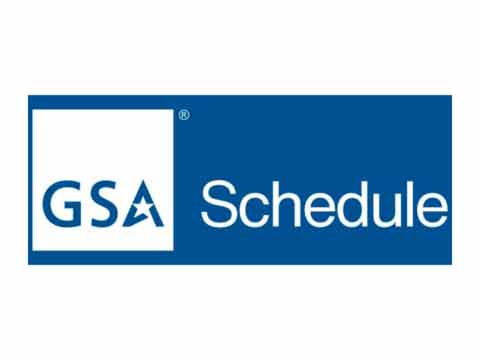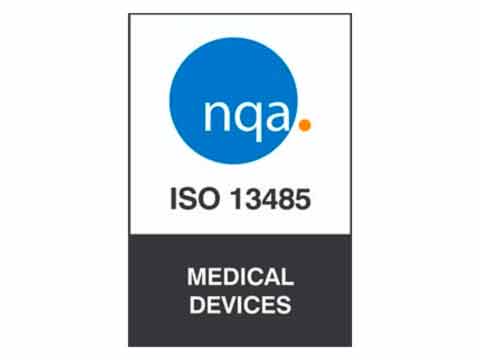As we’ve discussed in other posts, 2015 looks like it will be a big year for medical software regulation. This has already materialized in the form of non-binding guidance from the FDA that adopted many of the provisions from those legislative proposals. To quote the late Billy Mays: “But wait! There’s more!”
The gist of the SOFTWARE, MEDTECH, and PROTECT acts – each of which were a few pages or less – has now been wrapped into the 393 page “21st Century Cures Act” – a collection of reforms aimed at the pharmaceutical and medical device regulatory ecosystem.
Requiring bills to be large, “grand-bargains” for successful legislative passage has been a fixture of American politics for some time now. What’s Interesting here is that while none of the medical software provisions were ever able to get a full vote, they are proving to be some of the most popular aspects of the legislation.
Opponents of the bill, most notably Margaret Hamburg (former FDA commissioner and current Institute of Medicine foreign secretary), generally point to the risks associated with streamlining the pharmaceutical regulatory scheme and that it could do more on the cost control. Criticism of the medical devices provisions has been conspicuously sparse.
This enthusiasm gap may be a byproduct of market scale. US pharmaceutical sales represent around $374B annually, while IT spending is closer to $35B. The potential economic impact zones are clearly skewed toward Pharma.
However, we optimistically take the view that the subject matter experts who are weighing in on the 21st Century Care Act (and hopefully the public at large) are comfortable enough with the FDA guidance to see it codified into law. At Estenda, we are serious about providing safe, quality products and like to think that our success at that has contributed to this approval.











